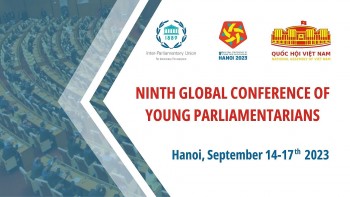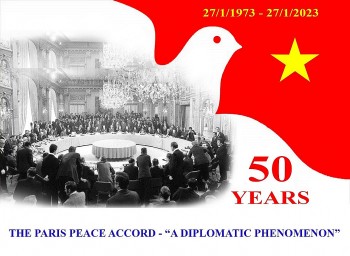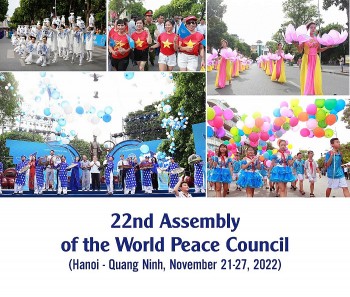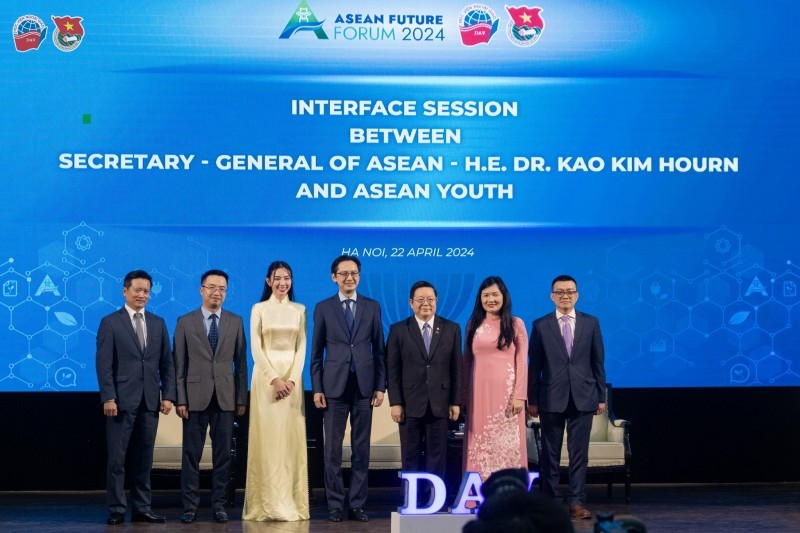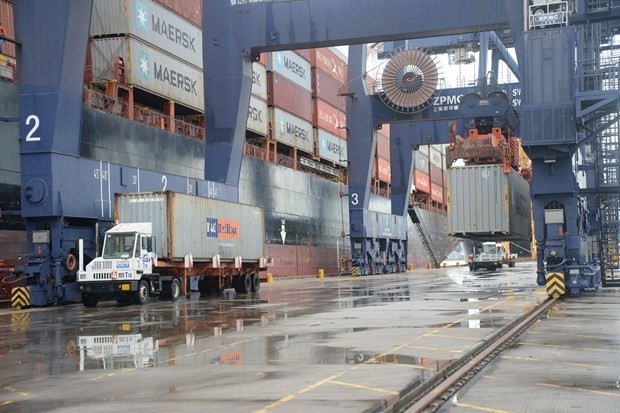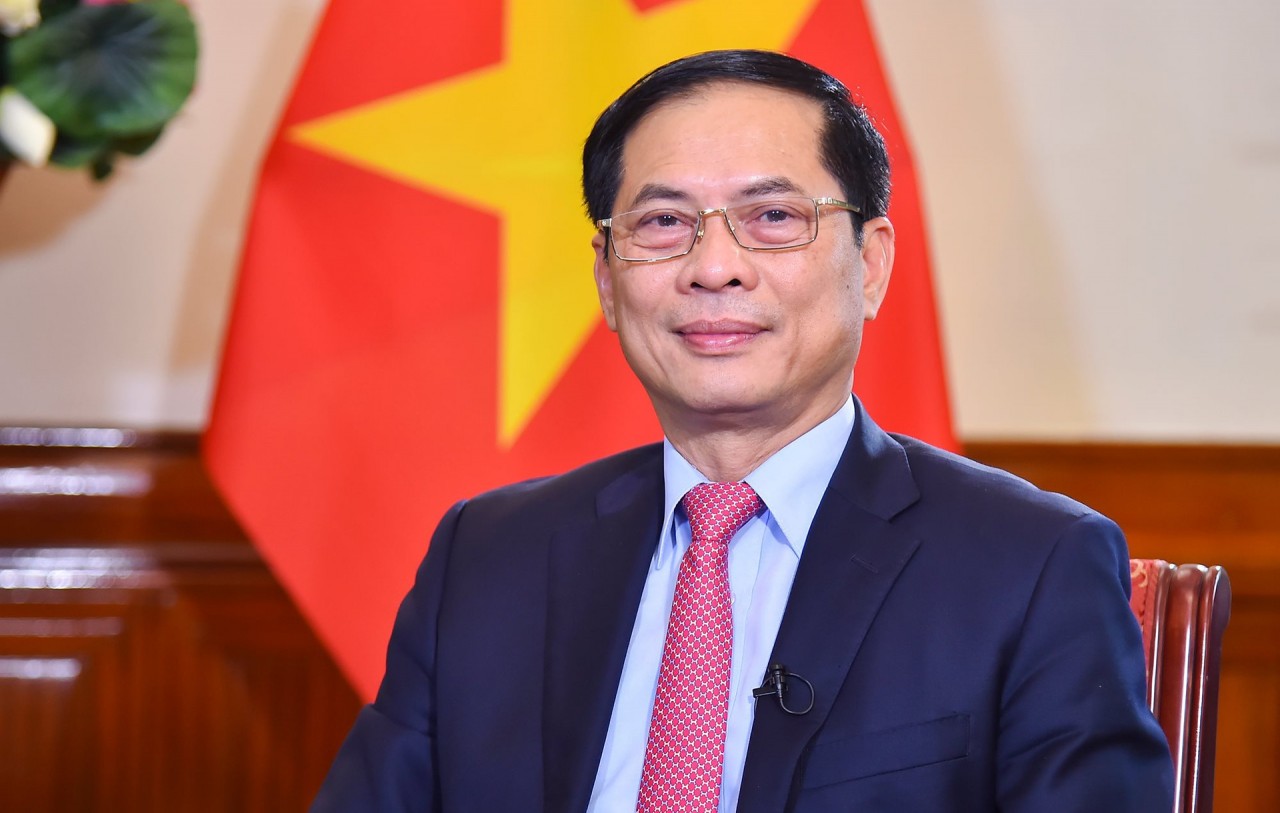East Sea: “Hot” at Shangri-La Dialogue 2015
The Shangri-La 2015 Dialogue taking place in Singapore from May 29th– 31th brought together defence officials and armed forces’ commanders from 30 countries in the world with the guest of honor Prime Minister of Singapore, Lee Hsien Loong.
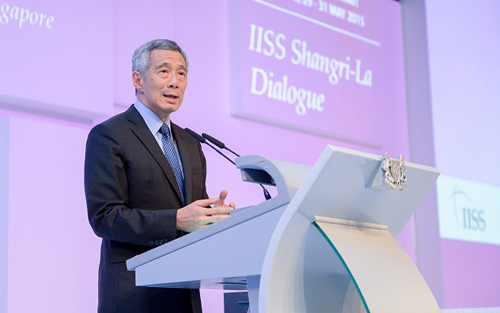
Prime Minister of Singapore, Lee Hsien Loong (Photo: CNA)
Justifying illegal actions
The dialogue has included nine sessions (four plenary sessions and five exceptional). The contents focused on themes relating to security challenges, new terrorism and maritime security threats, prevention of conflict escalation and building regional security cooperation in Asia. However, the East Sea issue was the “hot” topic at the forum.
Admiral Sun Jianguo, the Deputy Chief of the General Staff Department of the Chinese People’s Liberation Army (PLA), said: “the situation in the East Sea is on the whole peaceful and stable, and there has never been an issue with the freedom of navigation."
"China has carried out construction on some islands and reefs in the East Sea mainly for the purpose of improving the functions of the relevant islands and reefs, and improvement of the working and living conditions of personnel stationed there.”
“Apart from meeting the necessary defence needs, it is more geared to better perform China's international responsibilities and obligations regarding maritime search and rescue, disaster prevention and relief, maritime scientific research, meteorological observation, environmental protection, safety of navigation, fishery production, services," he added.
Li Jie, a naval specialist said China sent Admiral Sun Jianguo to Shangri-La 2015, with Beijing well prepared for asserting the legitimacy of its extensive land reclamation with justification for illegally building two lighthouses in the Vietnamese Spratly islands.
The Chinese diplomat said Sun graduated the PLA Navy's submarine school. He is well-versed in international maritime law and China's long-term maritime strategy, which would help him explain China's illegal island expansion project in the East Sea. However, in fact, Mr. Sun equivocated disappointing the public who failed to understand the actions of a “responsible country”.
Fierce altercation
According to supervisors, speeches from countries at the forum raised concern about security in the East Sea, especially as a result of Chinese actions which have ignored international laws. Of which many fierce presentations highlighting these actions caused confusion to China
Opening the discussion on May 30th, entitled “The United States and Challenges of Asia-Pacific Security”, Ashton Carter, US Secretary of Defence, stated that “turning an underwater rock into an airfield simply does not afford the rights of sovereignty” for China, but it destroyed regional security.
He criticised that “China has reclaimed over 2,000 acres, more than all other claimants combined... and China did so in only the last 18 months”.
He added that the United States is “deeply concerned” about the pace and scope of land reclamation in Vietnam’s Spratly Archipelago as well as further militarisation, saying that China’s activities lead to potential to “increase the risk of miscalculation or conflict” in the East Sea.
Japanese Ministry of Defense Gen Nakatani stressed that China should act like a responsible powerful country, and that countries need to realise their actions based on the international laws without use of violence.
Also on May 30th, on the sidelines of the Shangri-La Dialogue, Japanese Defense Minister Gen Nakatani, U.S. Secretary of Defense Ash Carter, and Australian Minister for Defence Kevin Andrews urged all sides “to exercise self-restraint, halt reclamation activities, take steps to ease tensions and refrain from provocative actions that could escalate tensions.” They “called on governments to clarify and pursue territorial claims and accompanying maritime rights in accordance with international law.”.
During the dialogue, the US reaffirmed its rebalance strategy in Asia. The US will give support to countries that “have the security and opportunity to rise and prosper”. Accordingly, the US will authorise up to USD425 million for Southeast Asian countries’ maritime capacity-building efforts.
And COC is still proper solution
Shangri-La Dialogue 2015 ended, East Sea issue occupied most of the time of the dialogue and continued to be "hot" until the last minutes. Australian Defense Minister Kevin Andrews, the US and many other countries had the same opinion of opposing China's actions in the East Sea as well as called for settlement of disputes through dialogue, based on respecting the international law.
Singaporean Defense Minister Ng Eng Hen also expressed concern about tensions in the East Sea, that can change power balance in the region, thereby emphasized the need to build an overall security architecture. He also called on ASEAN and China to soon complete a Code of Conduct of Parties in the East Sea (COC).
Experts assessed that Shangri-La Dialogue 2015 had significantly candid statements of ministers at the forum, including many discussions on the East Sea. Therefore, early completing and eventually signing COC between ASEAN and China is an urgent problem in the current situation./.
VNF/CPV
Most read
Recommended
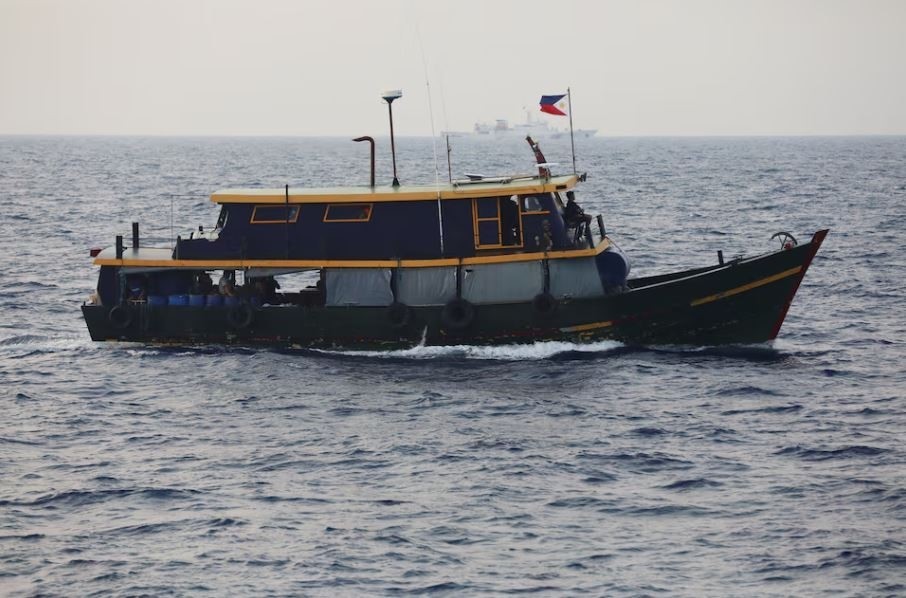 World
World
China frustrated over joint naval and air drills in the Indo-Pacific region
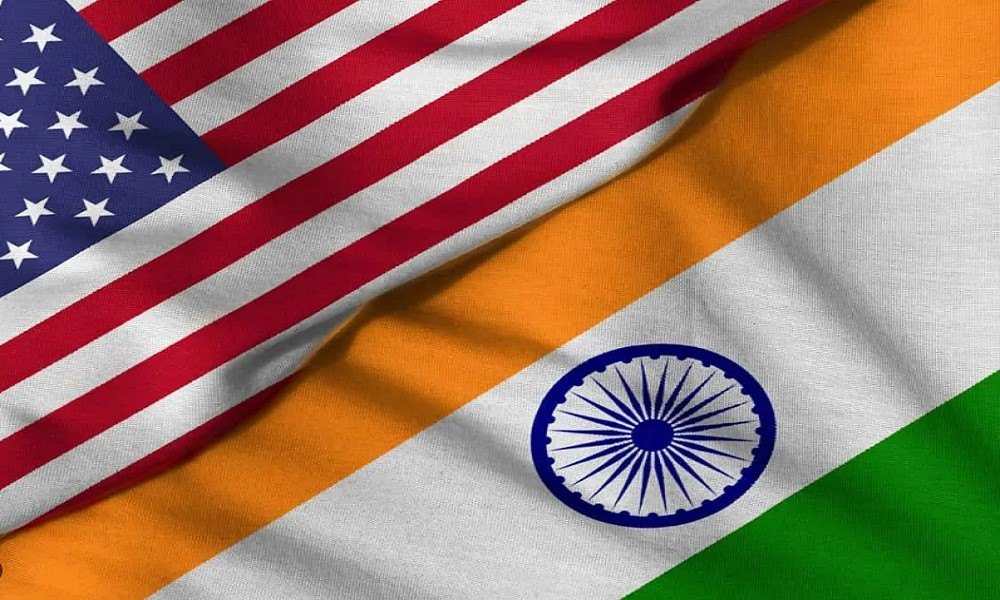 World
World
Washington-New Delhi Strategic Partnership Continues To Grow: US Envoy Says ‘If You Want To See The Future, Come To India’
 World
World
Discover The Unique Whipped Coffees Around The World
 World
World
China called out for destructing coral reefs in South China Sea
Popular article
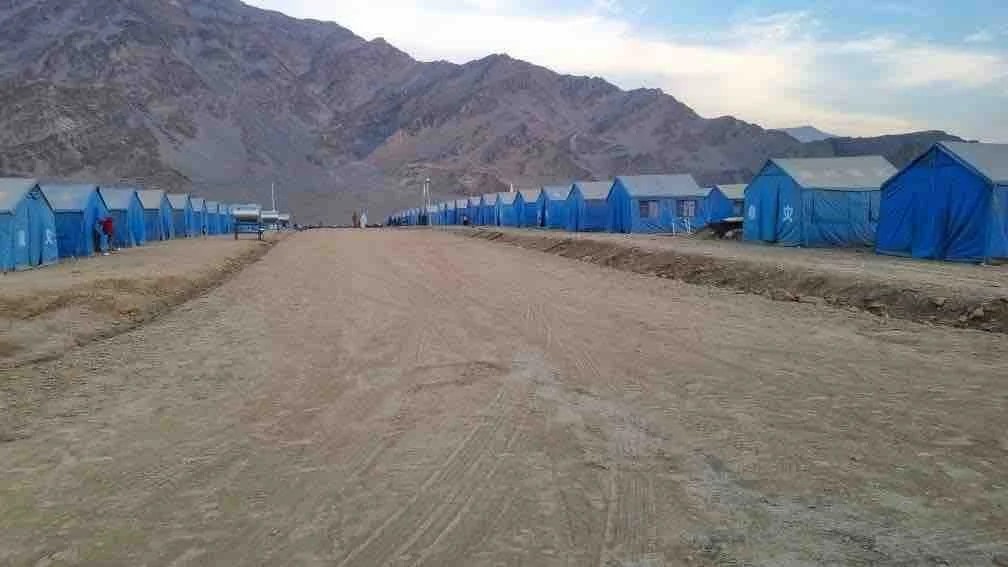 World
World
Mass Afghan Deportation from Pakistan: A Brewing Crisis for Regional Stability and Development
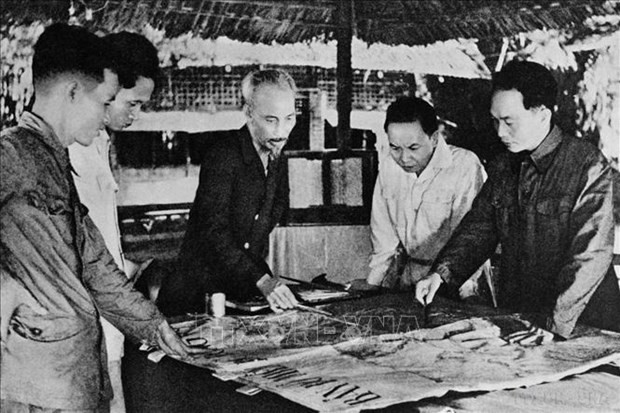 Viet's Home
Viet's Home
Values of Vietnam's Dien Bien Phu Victory Spotlighted
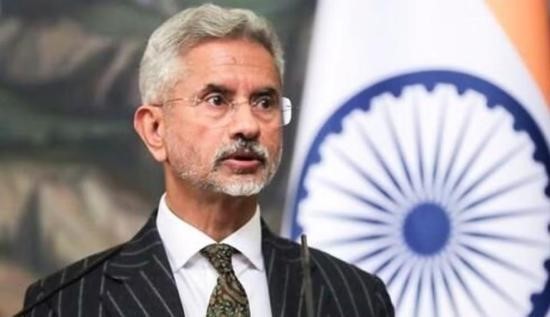 World
World
S. Jaishankar bolsters strategic collaborations across Singapore, Malaysia and Philippines
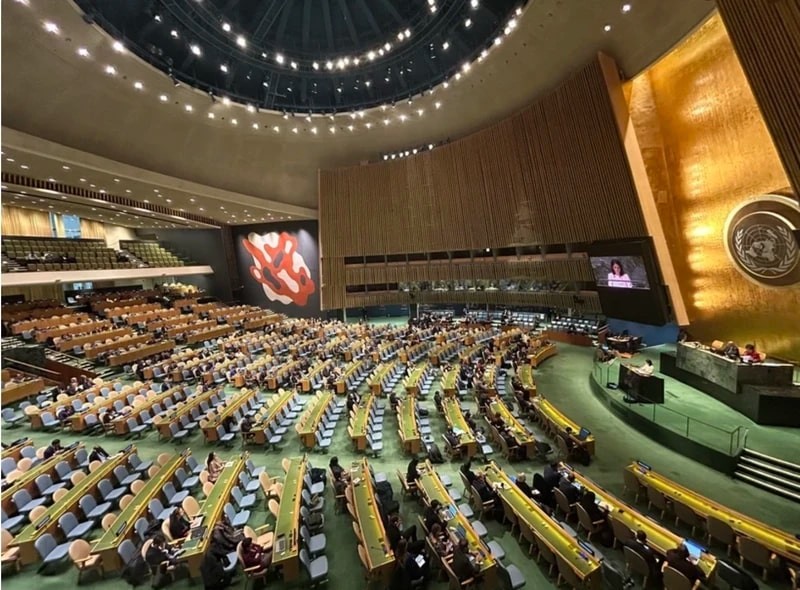 World
World

